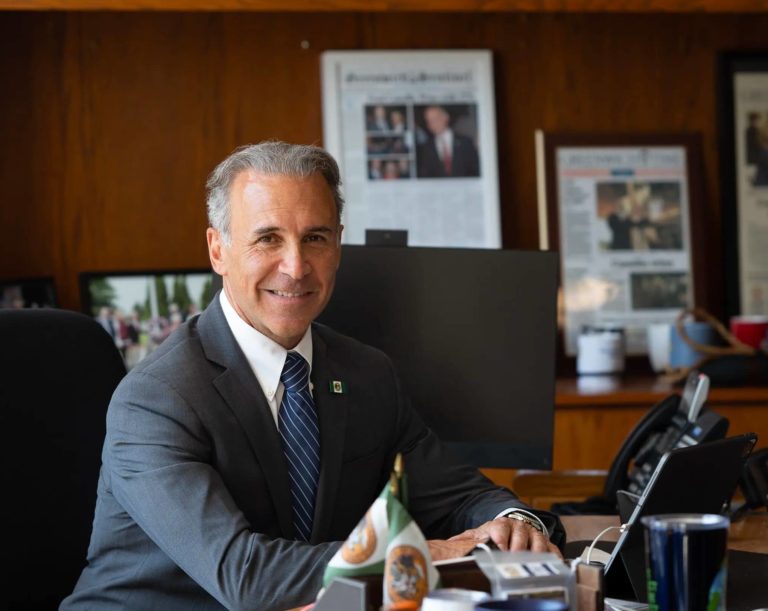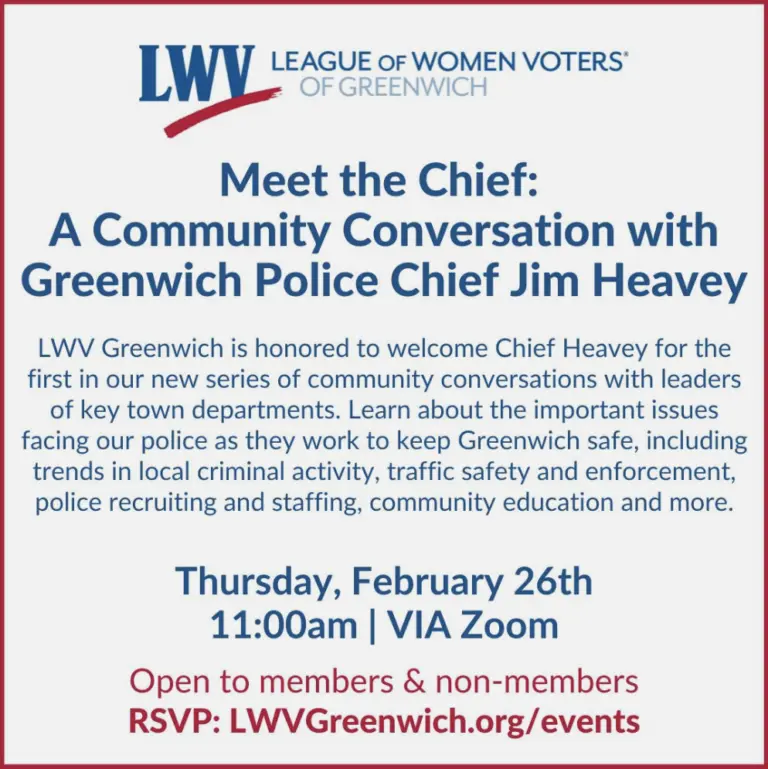By Stuart Adelberg
This week, I and millions of Jews throughout the world observed the Day of Atonement. On Yom Kippur it is customary to reflect on one’s behavior over the past year and seek expiation for the times we’ve acted in ways that are not particularly reflective of our better instincts. You may have heard that most of us fast for 25 hours, which is a big deal for people known to celebrate every other holiday with food. But you may not know that we stand together during this holy day and participate in a confessional as we seek forgiveness for all kinds of unfortunate indiscretions. Though I am far from perfect, I had to look up some of these indiscretions just to know what they were! But we all confess to them anyway, because that’s what it means to be a community.
Beyond our confessions, it is customary to seek forgiveness of those we may have knowingly or unknowingly wronged. In that spirit, I hope you forgive me for unintentionally and uncharacteristically turning this month’s column into a mini-sermon, but that’s what comes from a day of honest reflection without food.
This year’s Day of Atonement seemed especially germane to me. As we confessed, I found myself thinking about behaviors we see all around us everyday and wondering if some percentage of the population has completely lost its conscience or barometer for what is deemed acceptable. Between the wars, the political climate, the increasing lack of civility, and so many other current facts of life, there are more than enough indiscretions to go around. Most of us grew up with pretty strong concepts of right and wrong. Do unto others as you would have them do to you. Tell the truth. Take personal responsibility. Count your blessings. Care for those less fortunate. All of these “rules” and countless others were drilled into our heads from our earliest days and we sincerely believed them. So what happened?
How is it that genuinely good people excuse themselves for running red lights without giving a thought to the drivers or pedestrians they might hit just to get somewhere twenty seconds earlier? When did humility become a sign of weakness? Is it now considered acceptable to spread lies without any regard to the consequences our words might bring to bear on other people? When did we become so callous that we are immediately suspicious of someone who needs help instead of feeling empathy and acting on the charitable desire we were raised to see as a virtue. I remember being taught that it’s not whether you win or lose but how you play the game that matters. So when did winning, whether we’re talking about a game, a war, or any other type of competition become the ultimate goal regardless of the required actions or cost?
I believe in the inherent goodness of most people. But I also believe that we live in a world that moves so quickly that it pushes us toward instant gratification at all costs. We are in such a hurry to arrive at a destination, an accomplishment, or even the admiration of others, that we don’t really think about what we’re doing. Perhaps if we each took an extra beat, one moment to think about the potential consequences, to reflect on what our words and actions say about us, we might act differently. Civility, kindness, honesty, and charity take a little more time than we’d like to give. If we pass on a meal or two we can certainly squeeze them in!
Stuart Adelberg has a long history of leadership and active involvement in the region’s non-profit arts and human services community. He appreciates the opportunity provided by the Greenwich Sentinel to share his occasional thoughts and observations.



